11 things you never knew you could wash in a washing machine
Did you know you can wash these items in the washing machine?
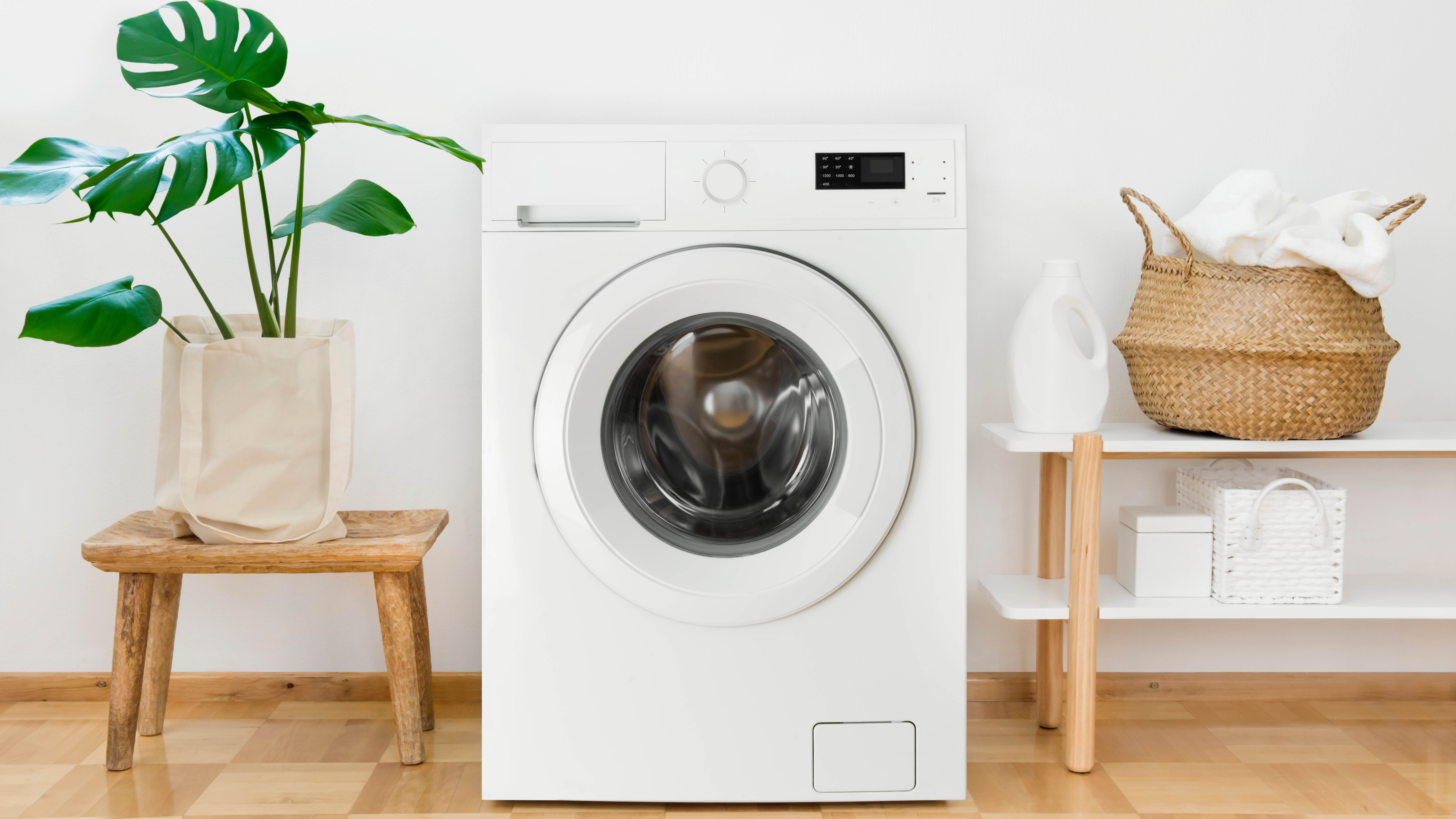
The best washing machines make laundry day a cinch. Simply toss your clothes in, set the program and you’re good to go. And while we value the convenience this appliance brings, it’s actually more versatile than most of us give credit for. All kinds of items can be cleaned in a washing machine, which makes them even more useful. Although, take care to avoid these 15 things you should never put in a washing machine.
Unexpected items found around the home are indeed suitable for this appliance, giving you a chance to freshen them up without having to hand wash the dirt away. So why not take advantage? To get you started, we’ve listed 11 such items here, including best cycle recommendations and pre-loading tips. Who knew washing machines could do so much?
1. Pillows
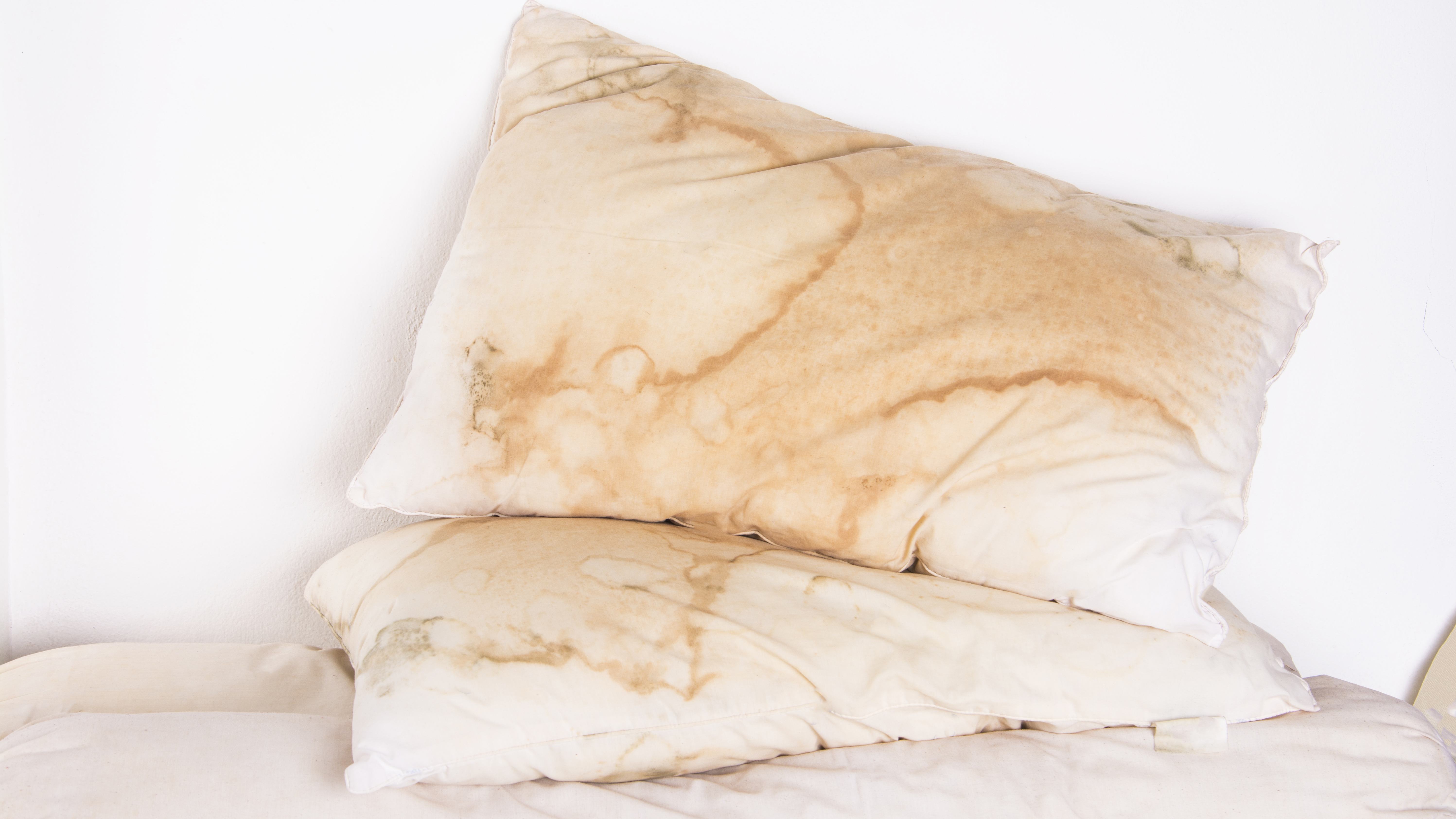
More and more people are becoming aware that you can wash the best pillows in the washing machine, but it’s still worth a mention. Here, we’re referring to polyester, cotton, feather or down pillows — memory foam pillows should never go in the washer as it can damage the foam core.
We recommend loading two pillows into the washing machine at a time, or using towels to bulk out the load if there’s only one to wash. This will help balance the drum, and stop the washing machine from shaking as it picks up speed. Follow the care label instructions for washing and drying, and air-dry your pillows (ideally in sunlight) once finished to completely dry them out. For full guidance, see how to wash a pillow.
2. Pet beds
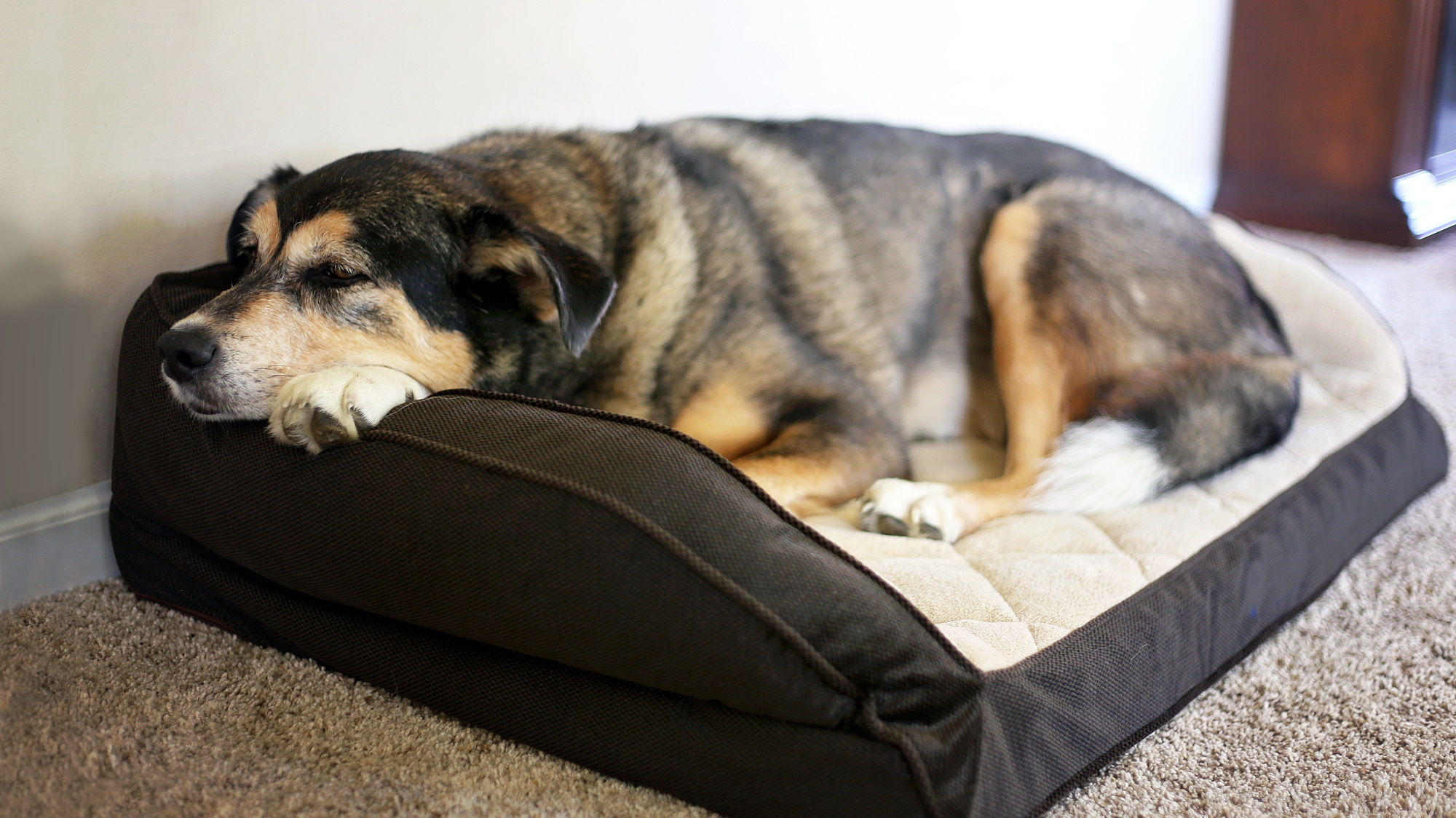
While we all love our pets to bits, they do come with their ‘pet peeves.’ One such nuisance is the inevitable smelly pet bed that you have to put up with. Whether your pet has an accident one day, or the bed just gets used day-in-day-out, it will eventually start to smell and will need dealing with.
Some just buy a new pet bed when it reaches this point, but you needn’t waste one of the best dog beds. Save yourself some money and run it through the washing machine instead. Most pet beds will come with care label instructions to guide you through the best settings. Sometimes just the cover can go in, and sometimes the whole thing is suitable — this largely depends on what the interior is made of as well as the size of the pet bed. Remember to vacuum away any pet hair before throwing it in the drum with one of the best vacuums. Use a pet-safe detergent as well, such as The Ecology Works Anti-Allergy Laundry Detergent ($39, Amazon).
3. Fluffy toys
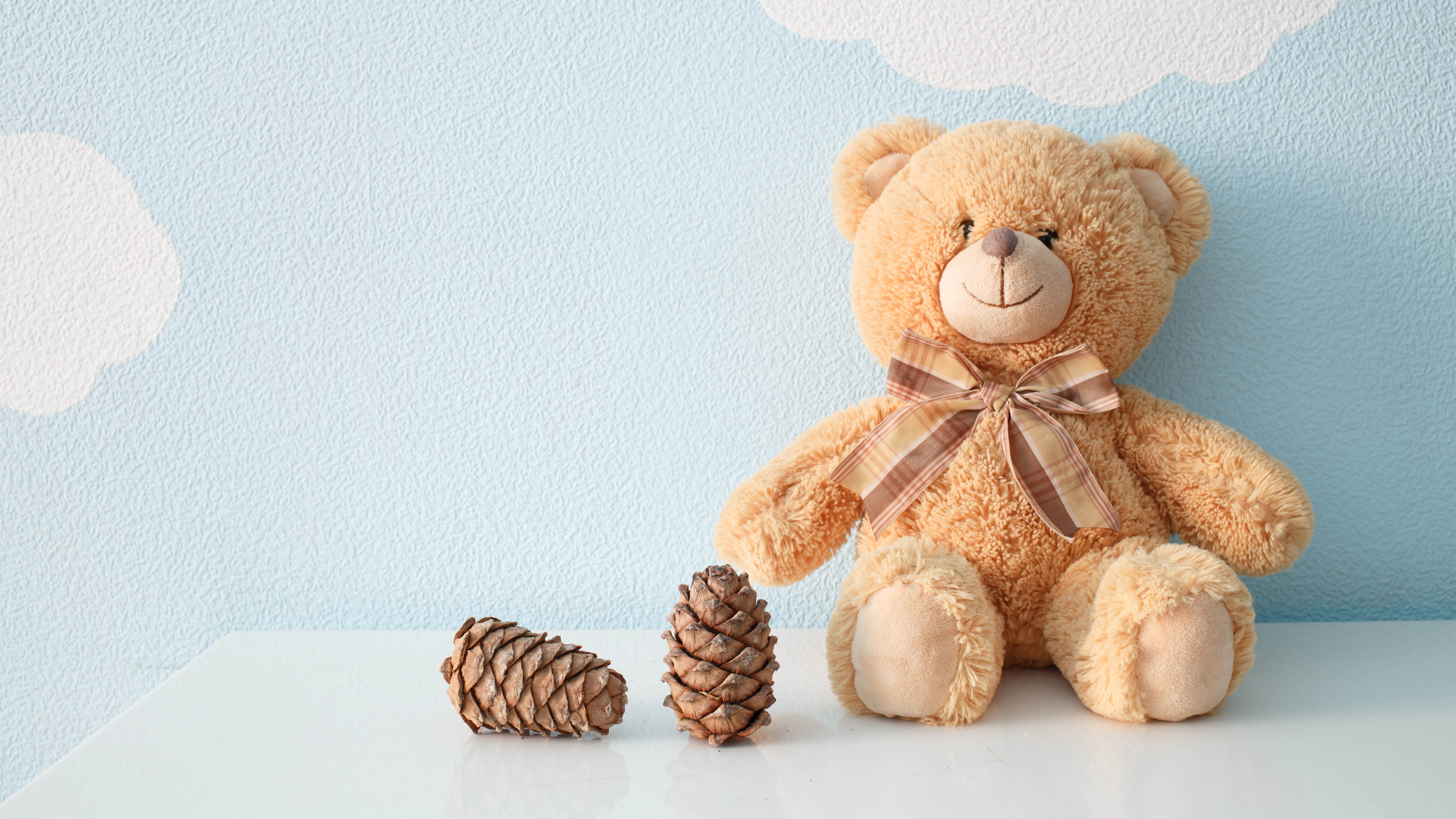
Stuffed toys are another thing you can refresh using a washing machine, but you need to make sure it is suitable as there are a lot of dos and don’ts. If the toy is particularly old or precious, we would recommend washing by hand instead. Also avoid the washing machine if it contains any non-removable electronics, or features embellishments or an overly plush exterior.
Sign up to get the BEST of Tom's Guide direct to your inbox.
Get instant access to breaking news, the hottest reviews, great deals and helpful tips.
But, if you’re dealing with a standard run-of-the-mill fluffy toy, the washing machine is an option. You won't need much detergent, and a gentle cycle with cold water will generally be the best settings to use. Before you know it, your kid’s favorite toy will look as good as new again.
4. Rugs
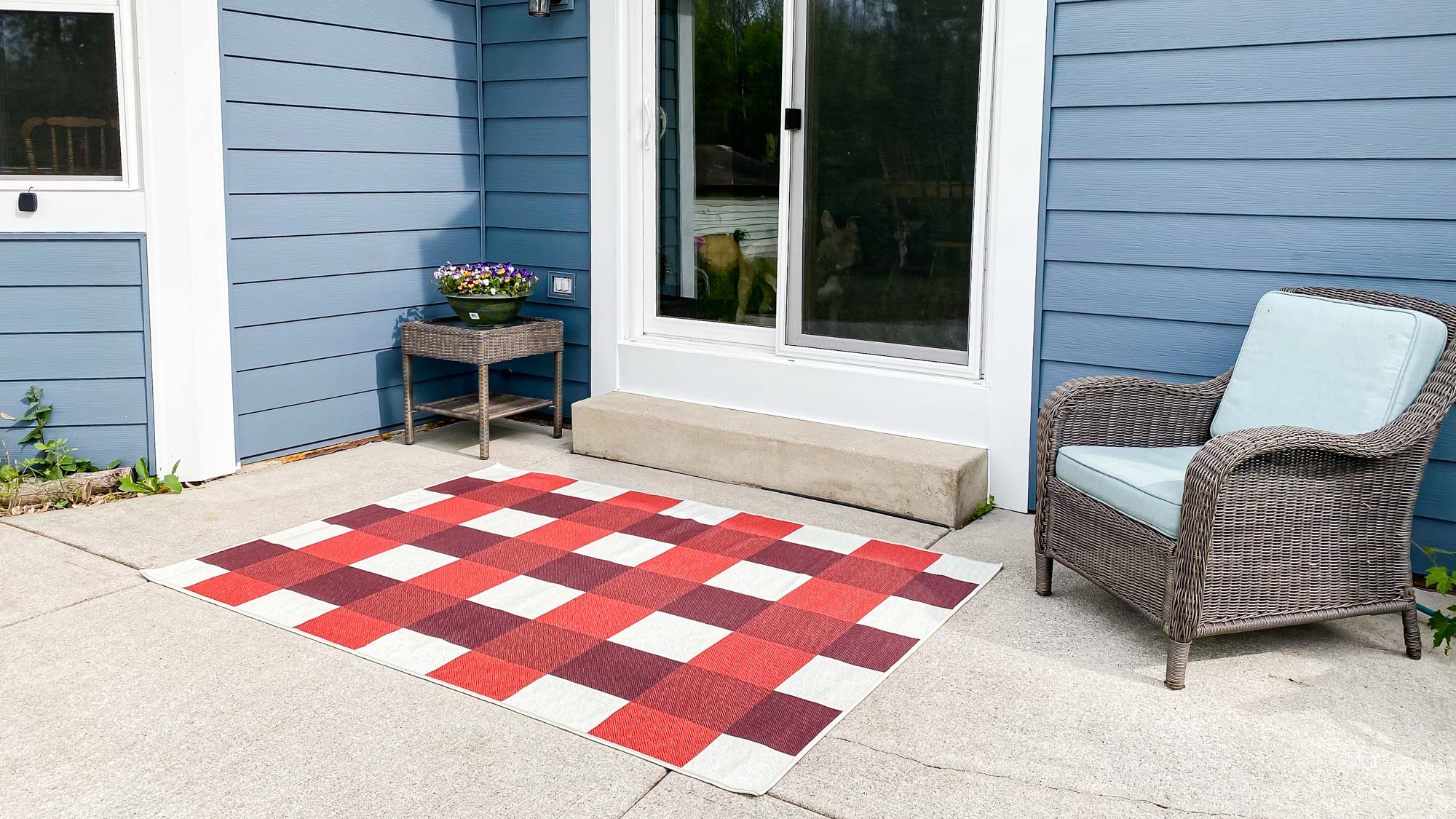
Some rugs are indeed machine-washable. In fact, our winner for the best outdoor rugs, the Ruggable Outdoor Gingham Plaid Rug, comes in two parts so the top can be easily thrown in the washing machine. Check the care instructions for clarification on the best settings, which will vary depending on the material, and remember to vacuum or shake out the rug before washing.
Just be sure to avoid chucking anything with a rubber back in your washing machine. The harsh motion of the drum can end up doing some damage here. Some rugs may also be too large to fit in your washing machine, or dry clean only — in this case, take them to the laundromat.
5. Microfiber cloths
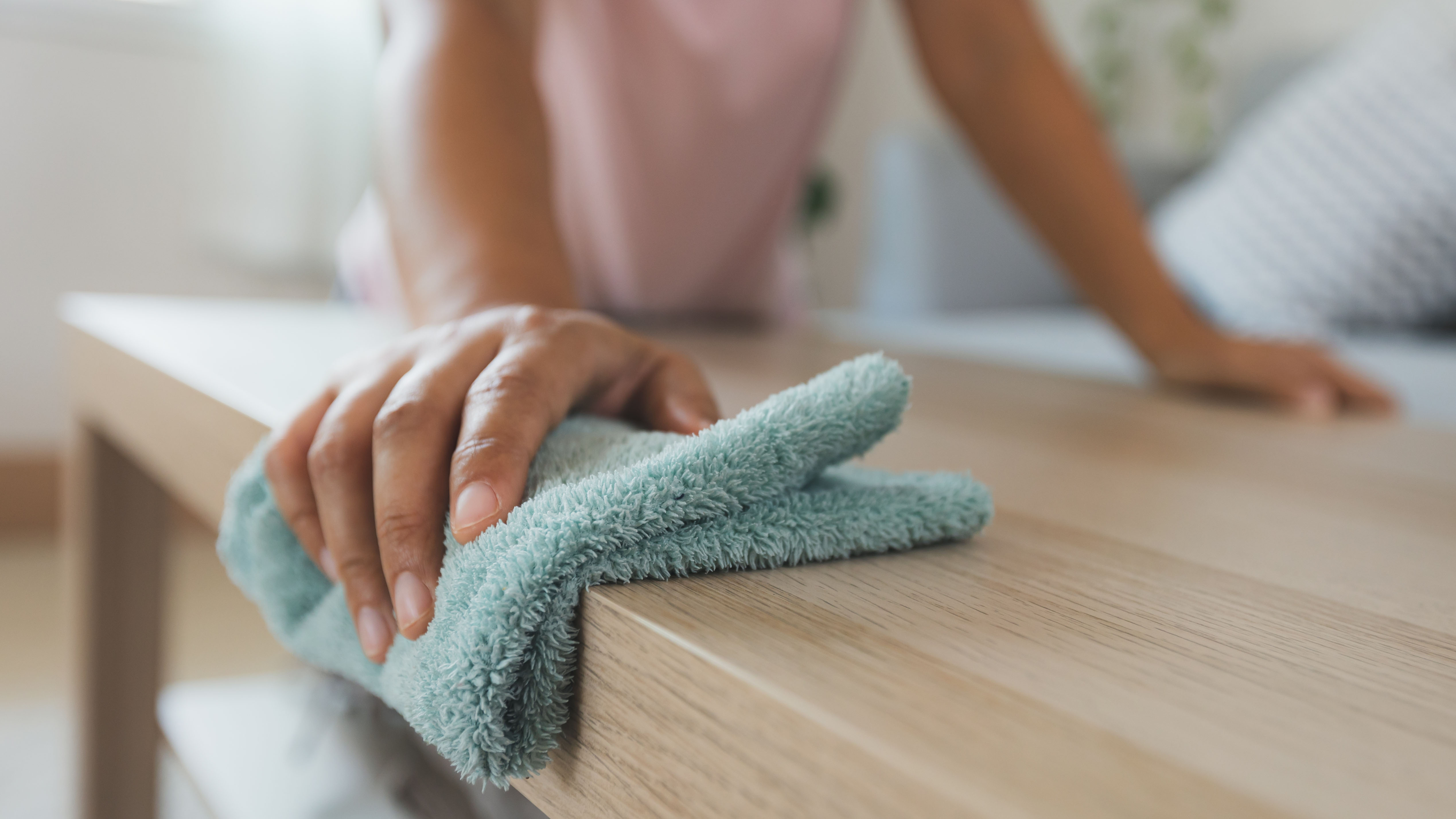
Microfiber cloths are one of those items many of us forget to clean, but we really should, especially considering how easy it is with a washing machine. These cloths pick up all kinds of dirt and bacteria with everyday cleaning, and if not washed after each use, you’re just transferring that residue to the next surface.
Washing these with a washing machine is very straightforward. We recommend keeping them separate from your regular load — otherwise your cloths will attract lint and you will be spreading any germs with the rest of your laundry. Also use a dedicated microfiber detergent, such as the Chemical Guys Microfiber Wash ($14, Amazon) and avoid the fabric softener. Your cloth should come with its own care label for guidance on the best washing machine settings, but you should use the hottest temperature it allows if you’re dealing with stubborn stains. Here’s how to clean a microfiber cloth for full details.
6. Gym bag
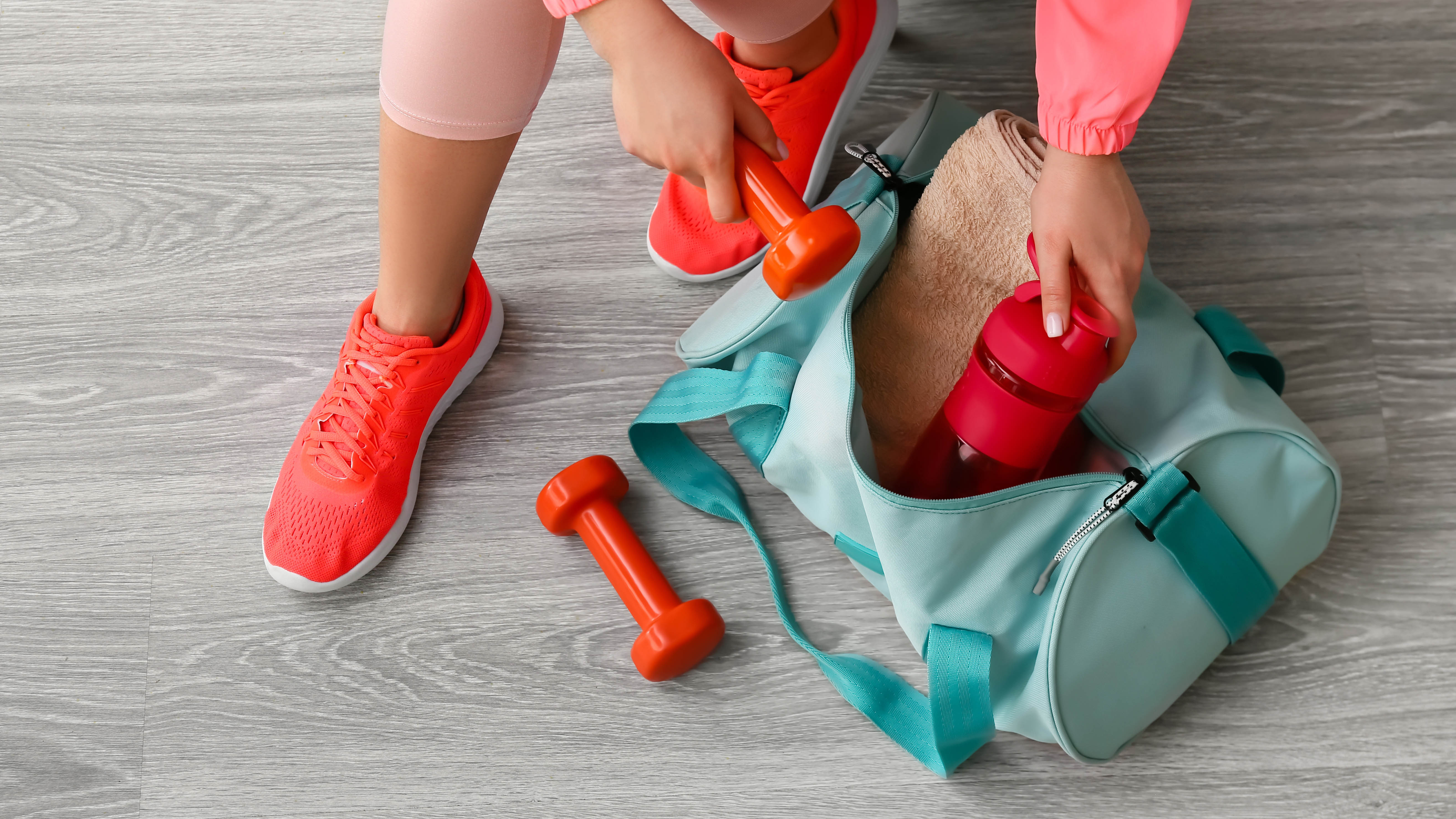
We’re all pretty well-versed at washing our gym gear after each workout, but have you ever stopped to smell your gym bag? Sweat and moisture can easily transfer from your used clothes and damp towels to the bag itself, so it’s no wonder if even the best gym bags can smell musty. And if you think about it, this will only spread back onto your fresh gym gear with each use.
That’s why you should take the time to wash your gym bag when necessary. Luckily, some of these can go straight in the washing machine. First, check the interior care label to see whether that’s the case, or if washing by hand is necessary. If you can use the machine, it’s best to stick to a cold and gentle cycle with a mild detergent. Be sure to remove all of the contents and turn the bag inside out before washing. Remove the straps as well, so they won’t tangle up and make a mess during the cycle.
7. Hair ties
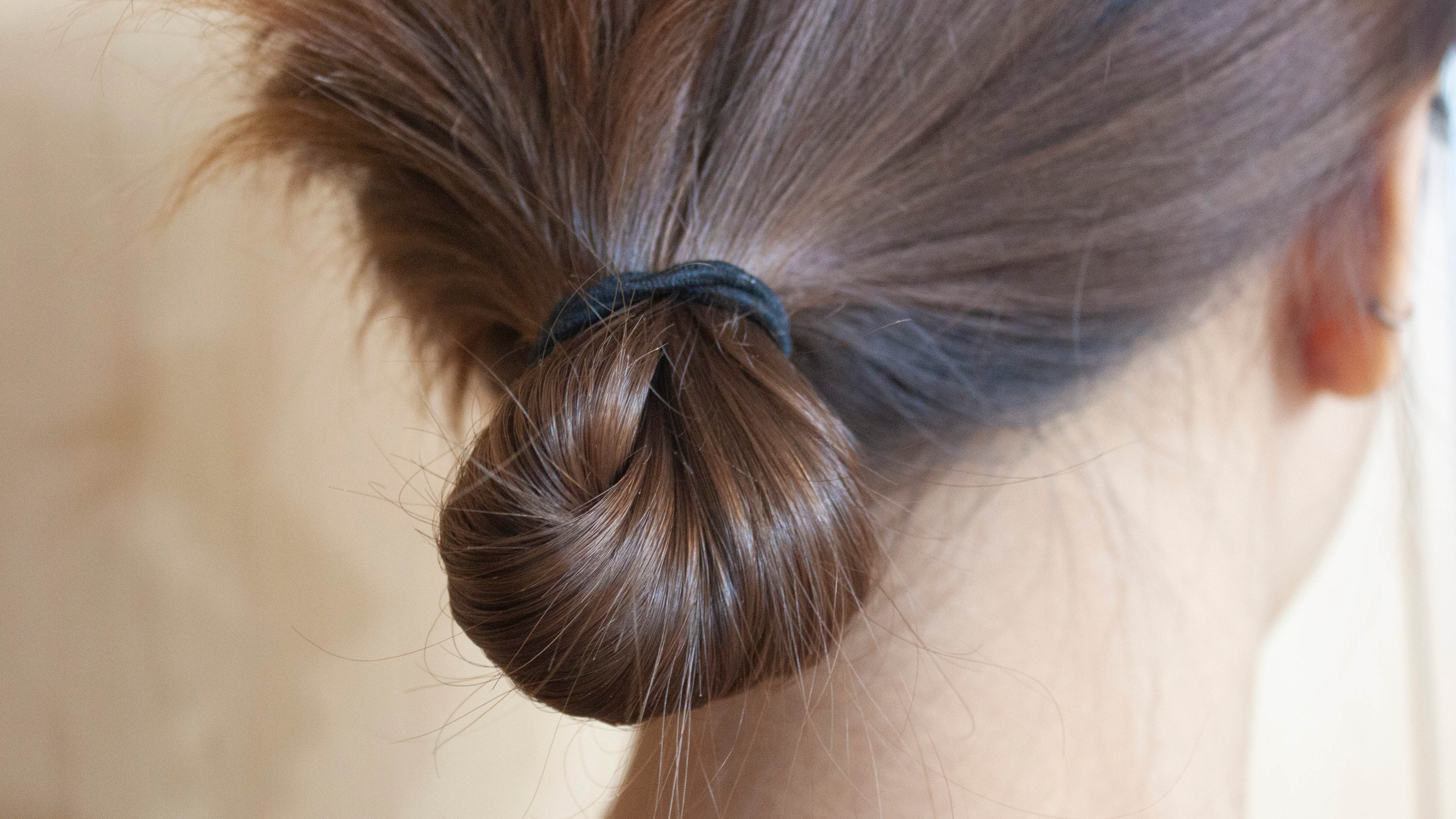
When you think about it, hair ties contain quite a bit of grease and grime. Oils from our hair are naturally transferred to these items, and if you wear them during a workout or in the shower, they can also be subjected to sweat and moisture. Believe it or not, even these tiny items are safe to go in the washing machine, although because of their size, you need to take some extra precautions.
Place any small items, such as hair ties, in a mesh bag like these Set of 5 Mesh Laundry Bags ($7, Amazon). You can then wash these with your regular laundry load and they won’t get lost during the cycle. Scrunchies can also be washed in the washing machine, so long as they’re made of durable fabrics, such as cotton, nylon and polyester.
8. Shower curtain
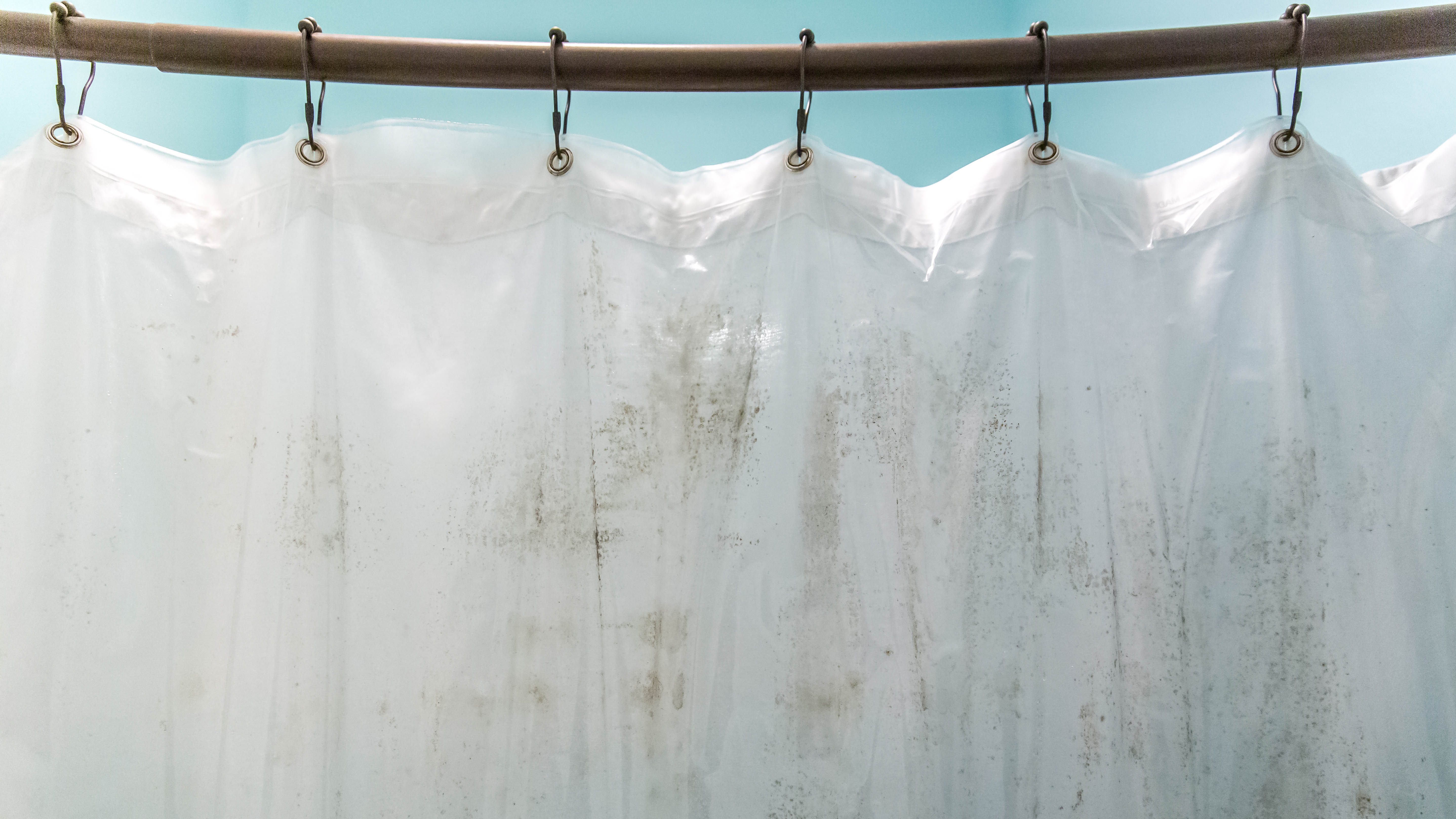
If you’ve got a traditional shower curtain hanging in your bathroom, you may notice black and orange stains developing on it over time. What you’re actually looking at here is mold and mildew — this is a result of the ongoing humid atmosphere as well as any soaps it gets splashed with. This isn’t particularly pretty to look at, plus it can smell quite bad too, but before you go buying a new shower curtain, you should know that these too can go in the washing machine.
Simply remove any hooks and load the shower curtain into your washing machine, bulking it out with towels to balance the load. Add your usual detergent (you can use bleach if you’re dealing with mold and the curtain is white or transparent), then run on a gentle cycle using the highest temperature allowed by the care label. Make sure you check this as the temperature and recommended spin will vary depending on the material. Then simply hang it back in place to dry. For detailed instructions, here’s how to clean a shower curtain.
9. Reusable grocery bag
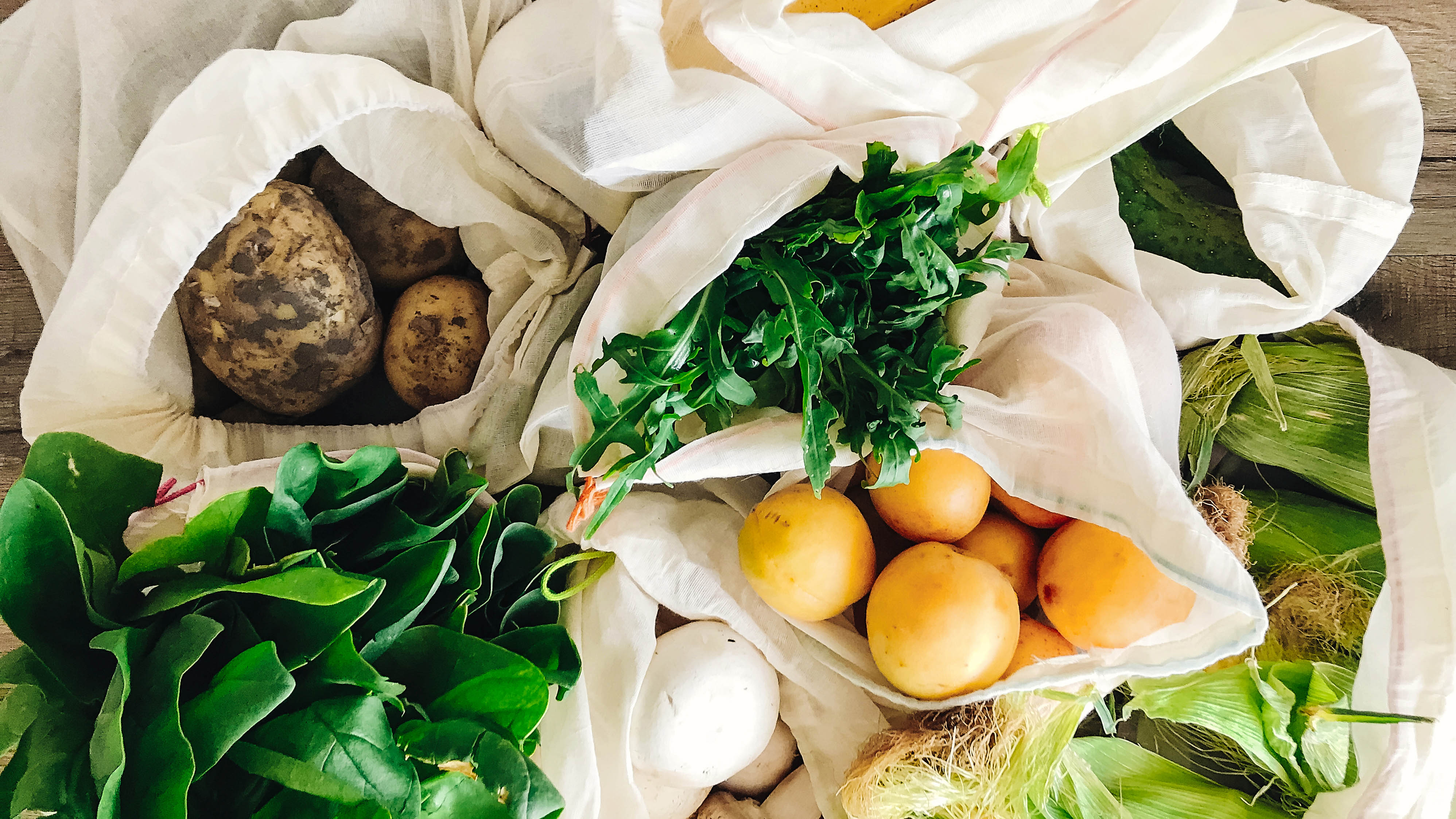
Reusable grocery bags are great for saving on plastic, but these too can grow dirty with regular use. Fresh vegetables can be covered in residual soil, while a jar can occasionally leak unintentionally. In any case, reusable grocery bags will need cleaning every so often to keep them looking like new.
Luckily, because these are often made from cotton or polyester, they too are suitable for the washing machine. Simply turn them inside out, removing any inserts, and wash according to the care label if you have one. Generally speaking, stick to a warm wash with your standard detergent, although a gentle cycle and cold water is best for reusable bags made from polypropylene.
10. Canvas shoes and sneakers
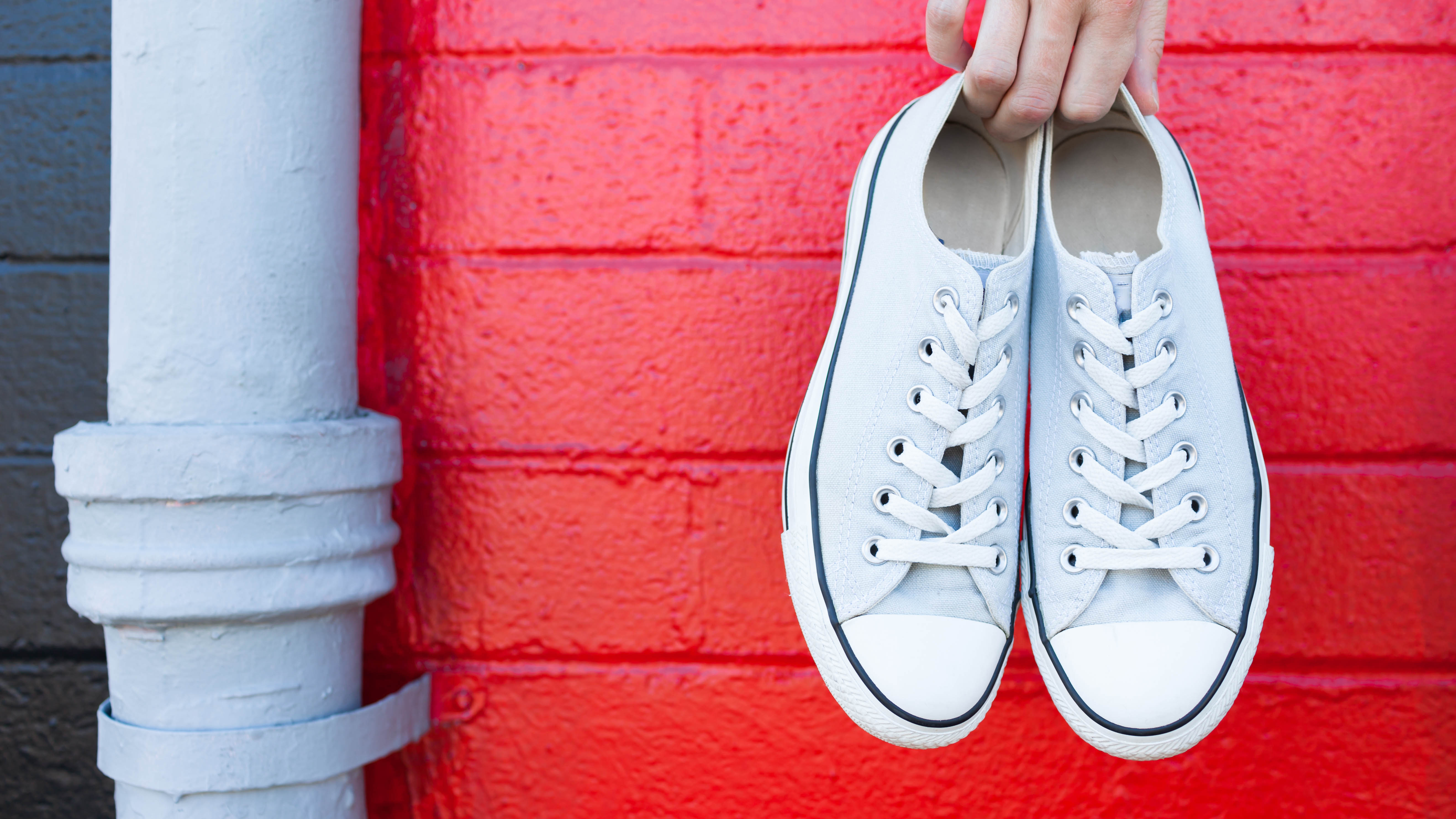
Yes, canvas shoes and sneakers can indeed go in your washing machine. And this is no bad thing, considering the dirt and grime that can build up on these items. First, remove any excess dried dirt by hand — you don’t want this ending up in the washing machine. Then remove the laces as well as the insoles of the shoes. These can each go in one of the mesh bags, as mentioned earlier, to stop them from knotting.
Then place your shoes, laces and soles all in the drum. Bulk up the load using towels — this step is important because you don’t want the shoes to get thrown around during the cycle. Wash using a mild detergent with cold water on a gentle cycle, then leave to air-dry, ideally in the sunlight.
11. Electric blankets
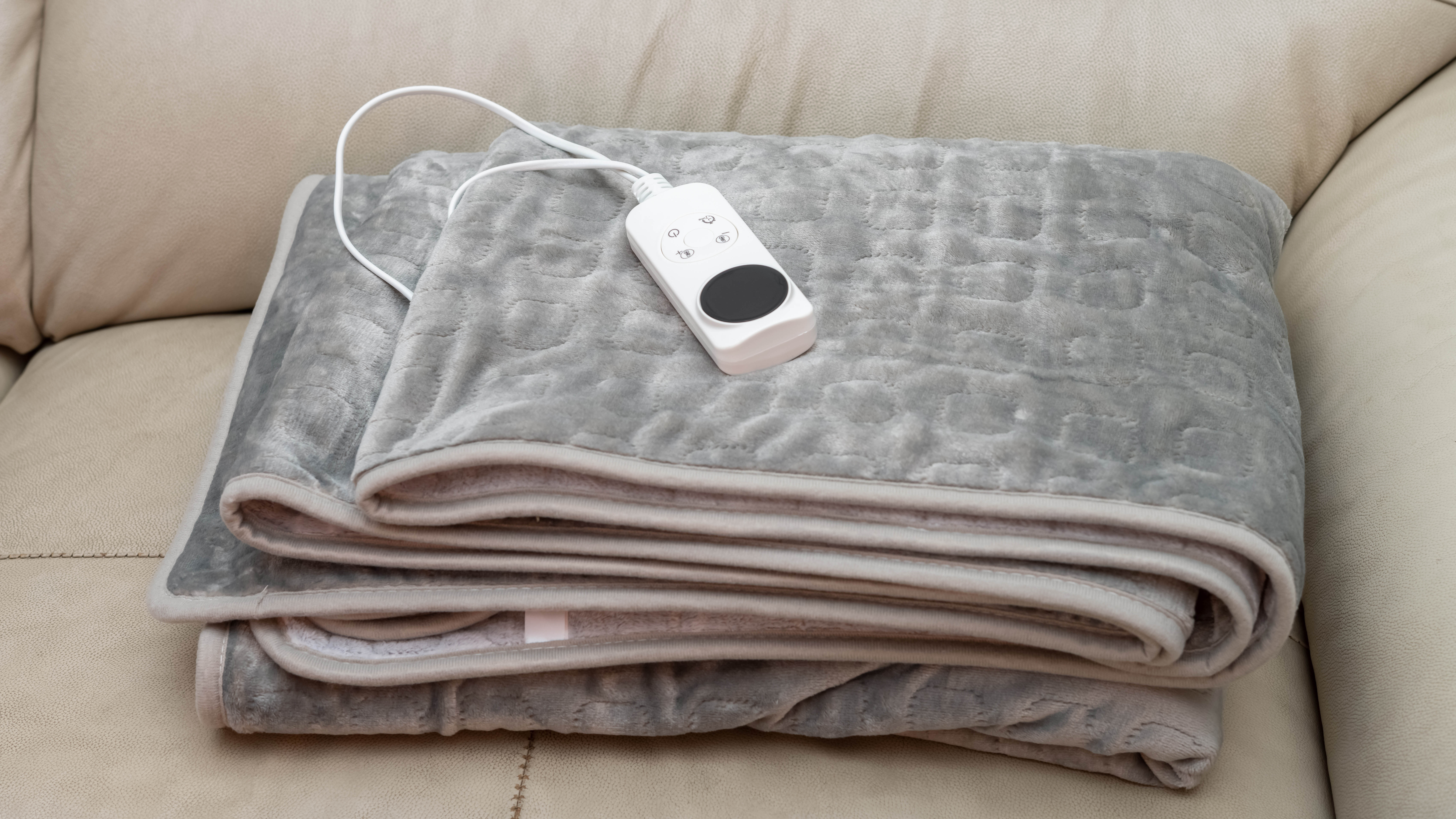
With electricity in the name, it’s understandable if you’re a bit cautious with this one. Electric blankets are one of those items we tend to avoid washing because of the internal electrical components. But, it might surprise you to learn that a lot of modern electric blankets and throws are in fact machine-washable, with some even suitable for the best clothes dryers. And it’s a good thing too considering the amount of sweat we secrete in bed, as well as when covered by such a heat source.
These often require the controller and power cables to be removed first, but otherwise you can just bung the blanket into the drum. Of course, you should always check and follow the instructions for your particular brand — some may not be suitable, while others may require specific settings or differing preparations. A cold, gentle cycle with mild detergent is typical. Make sure it's completely dry before you use it again.
In any case, if your electric blanket has seen better days and you’ve been meaning to upgrade, we strongly recommend switching to one which is machine-washable to make things easier in the future, such as the Sunbeam Royal Ultra Fleece Heated Electric Blanket King Size ($69, Amazon).
More from Tom's Guide

Katie Mortram used to be a Homes Editor for Tom's Guide, where she oversaw everything from kitchen appliances to gardening tools, as well as smart home tech. Specializing in providing expert advice for cleaning and home manintenance, she now works as Household Advice Editor for Good Housekeeping.
